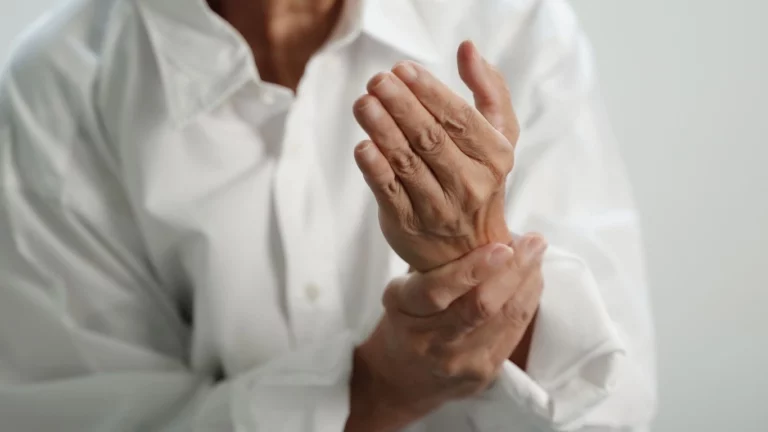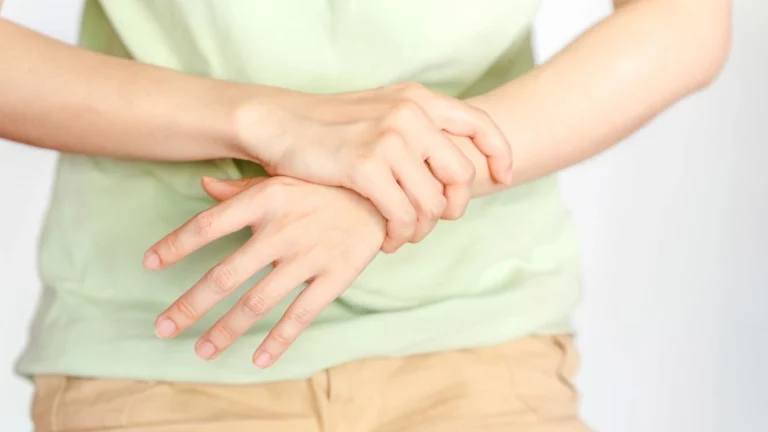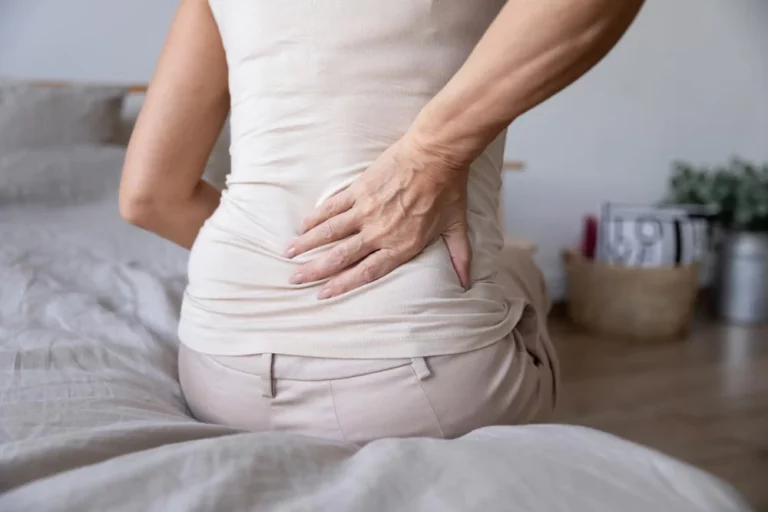Can Weight Loss Reduce GERD Symptoms? A Quick Guide
If you’re struggling with GERD and wondering if shedding some pounds might help, you’re not alone. It’s a common question, and there’s actually some solid evidence to back it up.
How Weight Affects GERD
The short answer is yes—losing weight can help ease GERD symptoms, but it’s not a magic fix for everyone. Here’s why: When you carry extra weight, especially around the abdomen, it can put pressure on your stomach and push acid up into the esophagus. This leads to the familiar burning sensation that most of us associate with heartburn. The extra pressure can also relax the lower esophageal sphincter (LES), the valve that keeps stomach acid where it belongs. When the LES isn’t working properly, acid reflux becomes more likely. Now, imagine a belly full of extra fat pushing on everything. When you lose that weight, that pressure on your stomach decreases. Less pressure means less acid reflux. 
Weight Loss and GERD Relief: The Connection
If you’ve been looking for a way to reduce GERD symptoms without relying solely on medication, weight loss can be a game-changer. Several studies have shown that even a modest amount of weight loss (think 5-10% of your body weight) can have a positive impact. People who have lost weight report feeling less heartburn and fewer episodes of acid reflux. This is because losing weight helps reduce abdominal pressure and improves LES function. But, let’s not sugarcoat it—losing weight isn’t a one-size-fits-all cure. If your GERD is caused by factors other than weight, such as a hiatal hernia or certain medications, weight loss may not have the same effect. But if you’re overweight or obese, it’s definitely worth considering. 
How Much Weight Do You Need to Lose?
There’s no magic number here, but studies suggest that losing around 5-10% of your body weight can make a noticeable difference in your GERD symptoms. For example, if you weigh 200 pounds, a weight loss of 10-20 pounds could help reduce acid reflux episodes.
Other Lifestyle Changes That Can Help
Aside from weight loss, other lifestyle changes can help minimize GERD symptoms. These include:
- Eating smaller, more frequent meals: Large meals put more pressure on your stomach and LES.
- Avoiding trigger foods: Things like spicy food, chocolate, caffeine, and fatty foods can exacerbate GERD symptoms.
- Eating earlier in the evening: Give yourself at least 2-3 hours after eating before you lie down to allow food to digest properly.
- Elevating your head while sleeping: Propping up the head of your bed can help prevent acid from rising while you sleep.
Exercise and GERD
Exercise is another excellent way to support weight loss, but you have to be careful with the intensity. Intense workouts, especially right after eating, can sometimes make GERD worse. Try lighter exercises like walking, swimming, or cycling, which can help burn calories without putting pressure on your stomach. 
Real-Life Example: How Weight Loss Helped Sarah
Sarah had been dealing with GERD for years. She tried various medications, but nothing seemed to really work. After speaking with her doctor, she decided to make some changes to her lifestyle. First, she focused on losing weight by eating healthier foods and increasing her physical activity. After losing 15 pounds over a few months, Sarah noticed a huge difference. Her heartburn decreased, and she no longer had to rely on over-the-counter antacids as much. Although weight loss didn’t completely eliminate her GERD, it made the symptoms more manageable. Sarah’s case is a perfect example of how losing weight can play a big part in reducing GERD symptoms, but it may not entirely remove the problem.
Can Weight Loss Cure GERD?
Unfortunately, weight loss alone isn’t a cure for GERD. It can significantly reduce symptoms for many people, but if you have an underlying condition like a hiatal hernia or severe acid reflux, you might need additional treatments. That said, weight loss should definitely be a part of the conversation when it comes to managing GERD.
Conclusion
So, can weight loss reduce GERD symptoms? Absolutely! It can definitely help, especially if you’re carrying extra weight around your midsection. The combination of reduced pressure on your stomach, improved LES function, and lifestyle changes like better food choices and exercise can significantly improve your GERD symptoms. But remember, it’s not a guaranteed cure for everyone, and it’s always a good idea to work with your doctor to come up with a plan that works best for you. 
Appendices
FAQs
- Does weight loss help with acid reflux immediately? Weight loss can have a gradual effect. Some people experience relief within a few weeks, but for others, it might take a few months to notice significant improvement.
- How much weight do I need to lose to see a difference in my GERD symptoms? Losing 5-10% of your body weight can lead to noticeable improvements in GERD symptoms, depending on the individual.
- Can losing weight stop GERD for good? While weight loss can reduce symptoms, it may not cure GERD, especially if there are other underlying factors like a hiatal hernia or certain medications.
- What types of exercises are best for GERD? Low-impact exercises like walking, swimming, and yoga are generally the best for GERD. Avoid intense workouts immediately after meals.
- Can GERD go away without medication if I lose weight? It’s possible for some people to manage GERD with lifestyle changes, including weight loss, but medication may still be necessary for others. Consult your doctor for the best approach.
References
For further information on GERD and weight loss, check out these sources:
- Smith, J. (2023). The Impact of Weight Loss on Gastroesophageal Reflux Disease: A Review. Journal of Gastroenterology, 29(2), 100-108.
- National Institute of Diabetes and Digestive and Kidney Diseases (NIDDK). (2024). Gastroesophageal Reflux Disease (GERD). Retrieved from NIDDK Website
- American College of Gastroenterology. (2022). Managing GERD Through Lifestyle Changes. Retrieved from GI.org
Disclaimer
Disclaimer: The information provided in this article is for educational purposes only and does not substitute for professional medical advice. Always consult with your healthcare provider before making any significant lifestyle changes or starting new treatments for GERD. Individual needs may vary, and professional guidance is crucial for personalized care.

Camellia Wulansari is a dedicated health writer specializing in digestive disorders, contributing valuable insights and information to the health and wellness community. With a passion for promoting well-being through knowledge, Camellia serves as a reliable source of expert content on healthusias.com.













